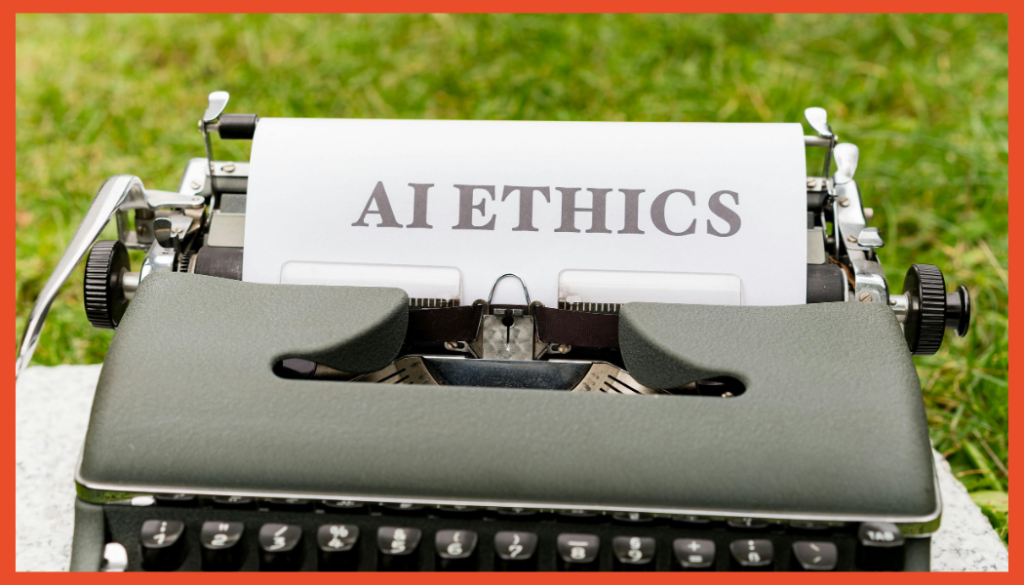As artificial intelligence (AI) continues to reshape global industries, governments are moving quickly to set rules for its safe use. Taiwan, a leading force in the global tech sector, is stepping ahead with a bold regulatory proposal – the draft AI Basic Act. This proposed law positions Taiwan as a regional pioneer in responsible AI governance. At the same time, it aims not only to support innovation but also to ensure public protection.
A Strategic Step Toward Responsible AI
In 2024, Taiwan’s National Science and Technology Council (NSTC) introduced the draft AI Basic Act. This law marks a key shift in the country’s regulatory approach. Notably, it reflects Taiwan’s clear intent to balance AI’s rapid growth with strong ethical guidelines.
Instead of hindering innovation, the Act seeks to establish clear rules that actively promote responsible AI use. In turn, this helps to build public trust and ensure long-term progress.
Guiding Principles of the AI Basic Act
The Act lays out seven key principles that shape how AI should be developed and used in Taiwan:
Sustainable Development and Well-being
AI should improve lives and support social and environmental goals, as well as aim to spread AI benefits fairly.
AI systems must respect human values and rights as welll as people should remain in control of AI decisions that affect them.
Privacy Protection and Data Governance
Strong data rules are essential. The law stresses ethical data use to protect individuals and support innovation.
Information Security and Safety
Security is a major concern. The Act promotes systems that can resist cyber threats and reduce safety risks.
Transparency and Explainability
AI systems must be easy to understand and their decisions should be clear, traceable, and open to review.
Fairness and Non-Discrimination
To prevent bias, the law supports inclusive AI design. Fair treatment for all users is a top priority.
Accountability
Everyone involved in AI—developers and users—must accept responsibility. The law clearly defines each party’s duties.

Timeline and What Comes Next
Currently, the draft AI Basic Act is under public consultation. The government is gathering views from industry, experts, and the public. After this phase, the law will be finalised and passed.
Importantly, the new rules will not start all at once. They will be introduced step by step over a period of 6 to 36 months. The Ministry of Digital Affairs (MODA) will lead this process and ensure that all parts of the government are working together.
What This Means for Businesses
Taiwan’s forward-thinking approach shows a larger global shift. Ethical, transparent, and accountable AI is no longer optional instead it’s becoming standard. Globally, countries are moving in the same direction.
For businesses, this means staying alert and adaptable. However, even if you don’t operate in Taiwan, its rules may influence global best practices.
At 360 Business Law, we support companies as they respond to new international laws like Taiwan’s AI Basic Act. We offer expert advice to help your operations align with these emerging governance standards.